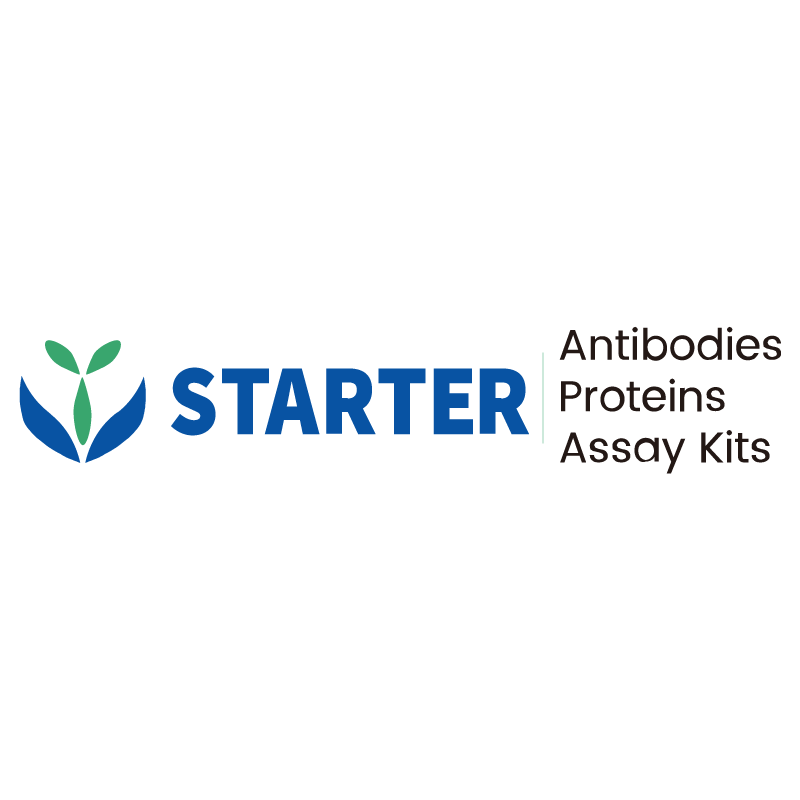Flow cytometric analysis of Human CD140a expression on A204 cells. Cells from the A204 (Human rhabdomyosarcoma cells, Right) or U87-MG (Human glioblastoma-astrocytoma epithelial cell, Left) was stained with either Alexa Fluor® 647 Mouse IgG2a, κ Isotype Control (Black line histogram) or SDT Alexa Fluor® 647 Mouse Anti-Human CD140a Antibody (Red line histogram) at 1.25 μl/test. Flow cytometry and data analysis were performed using BD FACSymphony™ A1 and FlowJo™ software.
Product Details
Product Details
Product Specification
| Host | Mouse |
| Antigen | CD140a |
| Synonyms | Platelet-derived growth factor receptor alpha; PDGF-R-alpha; PDGFR-alpha; Alpha platelet-derived growth factor receptor; Alpha-type platelet-derived growth factor receptor; CD140 antigen-like family member A; CD140a antigen; Platelet-derived growth factor alpha receptor; Platelet-derived growth factor receptor 2 (PDGFR-2); CD140a; PDGFR2; RHEPDGFRA; PDGFRA |
| Location | Cell membrane |
| Accession | P16234 |
| Clone Number | S-2840 |
| Antibody Type | Mouse mAb |
| Isotype | IgG2a,k |
| Application | FCM |
| Reactivity | Hu |
| Positive Sample | A204 |
| Purification | Protein A |
| Concentration | 0.2 mg/ml |
| Conjugation | Alexa Fluor® 647 |
| Physical Appearance | Liquid |
| Storage Buffer | PBS, 1% BSA, 0.3% Proclin 300 |
| Stability & Storage | 12 months from date of receipt / reconstitution, 2 to 8 °C as supplied |
Dilution
| application | dilution | species |
| FCM | 1.25μl per million cells in 100μl volume | Hu |
Background
CD140a (also called platelet-derived growth factor receptor-alpha, PDGFR-α) is a 170-kDa glycosylated cell-surface receptor tyrosine kinase encoded by the PDGFRA gene, featuring an extracellular ligand-binding region with five immunoglobulin-like domains, a single transmembrane segment and an intracellular split tyrosine-kinase domain; upon binding PDGF-AA, -AB or -BB it forms homo- or heterodimers, triggers downstream signalling cascades that drive proliferation, migration and differentiation of mesenchymal and glial cells, and is indispensable for embryogenesis of kidney, testis and other organs, wound healing and maintenance of hematologic tissues, while PDGFRA mutations or amplifications are linked to clonal hypereosinophilic neoplasms, gastrointestinal stromal tumours, gliomas and hepatocellular carcinoma, making CD140a a potential therapeutic target in these cancers .
Picture
Picture
FC


